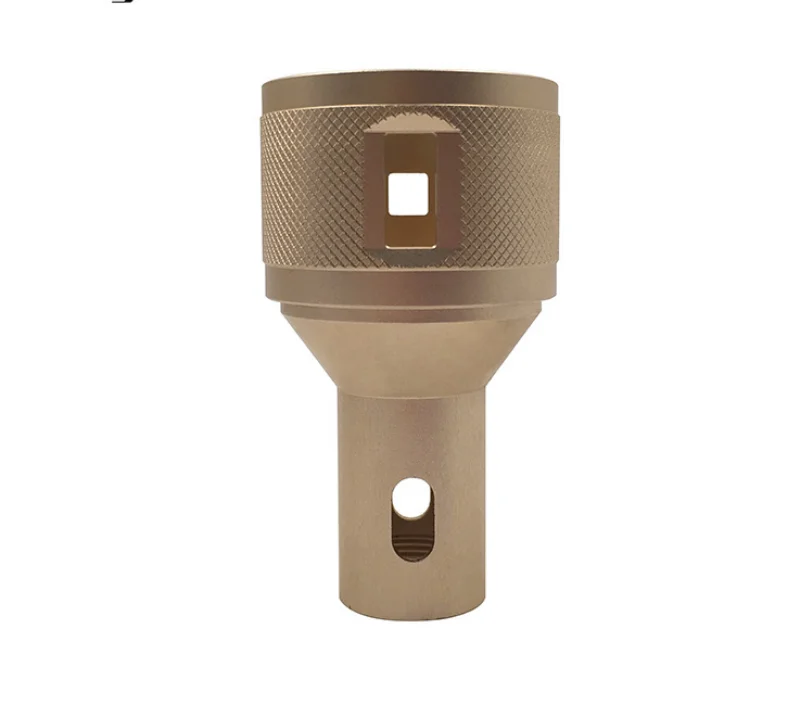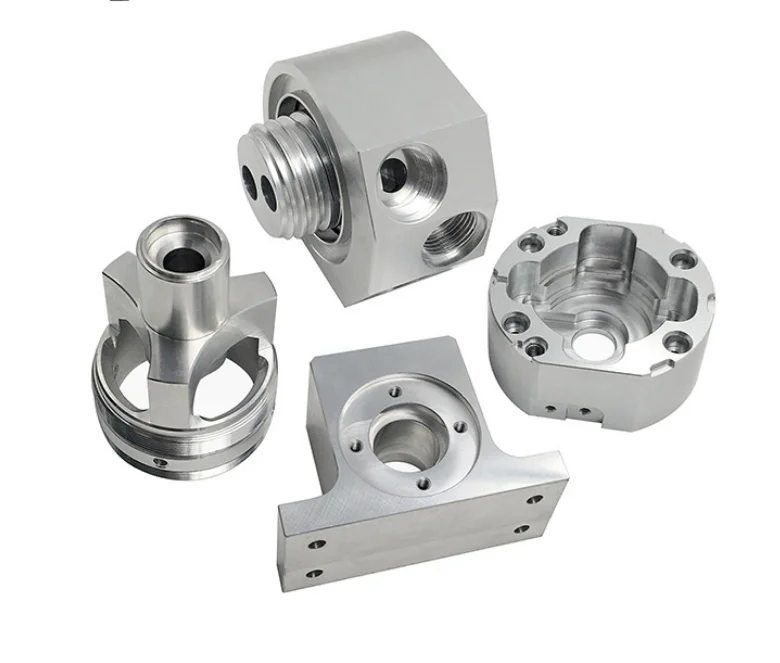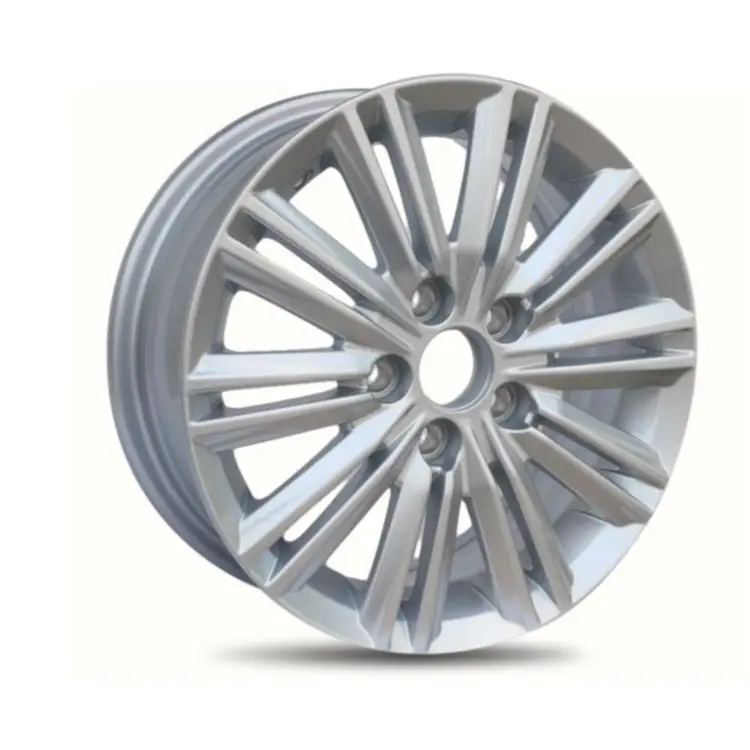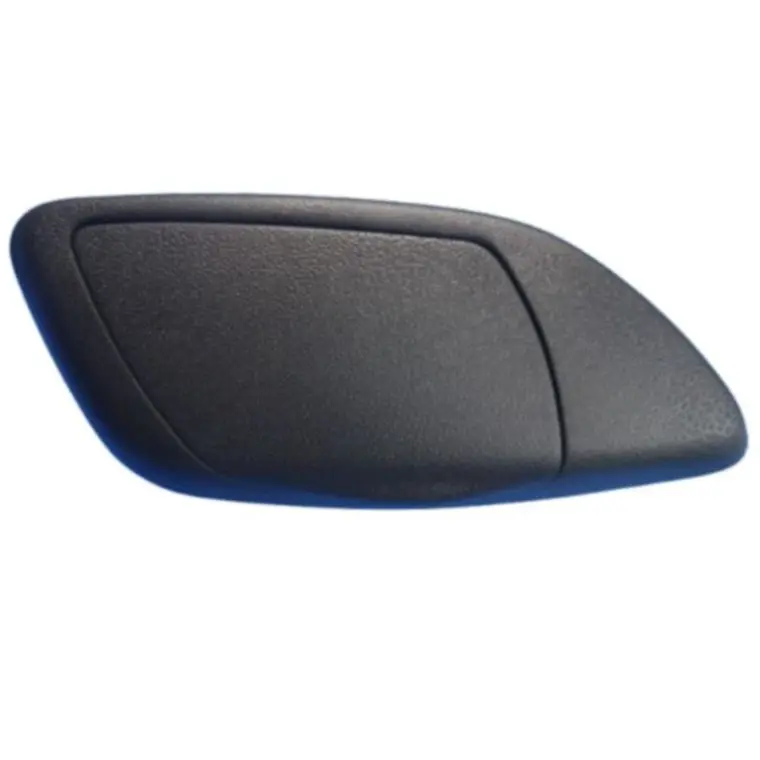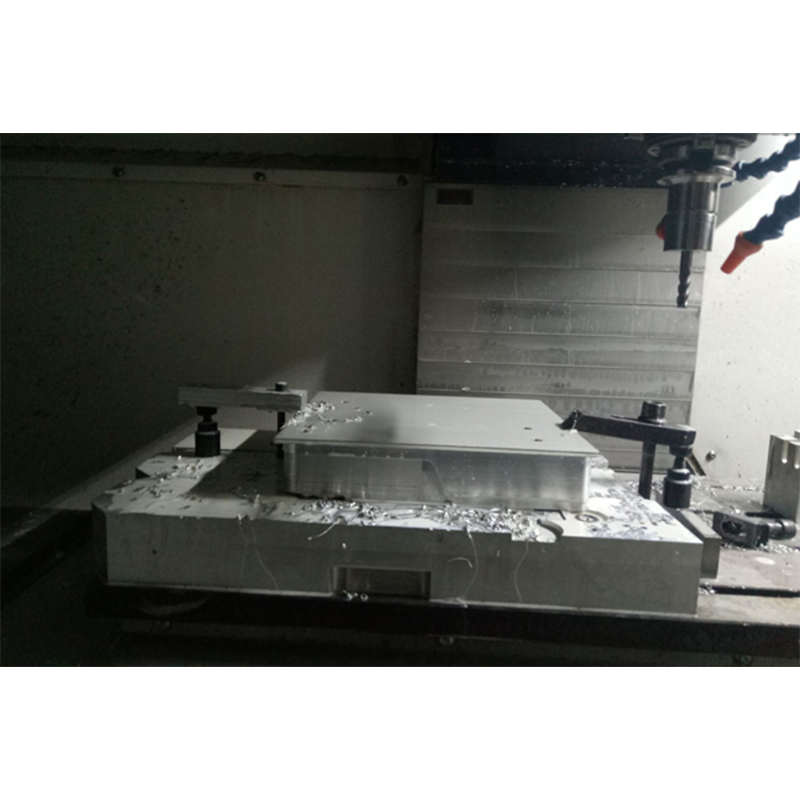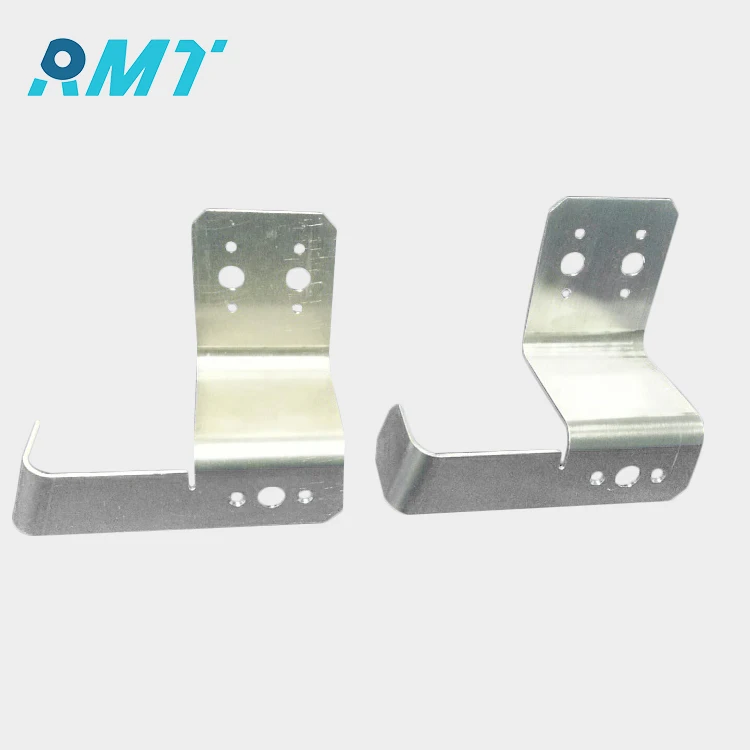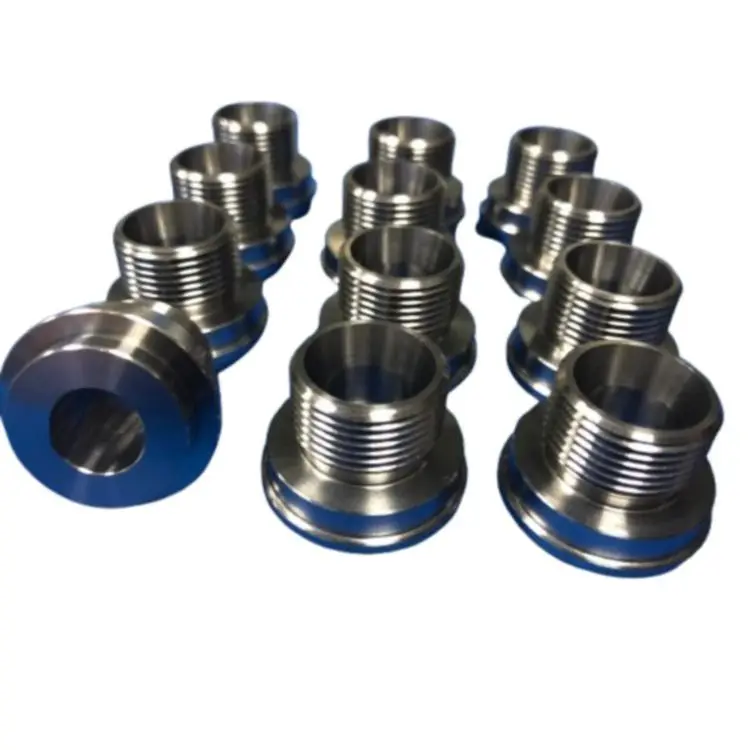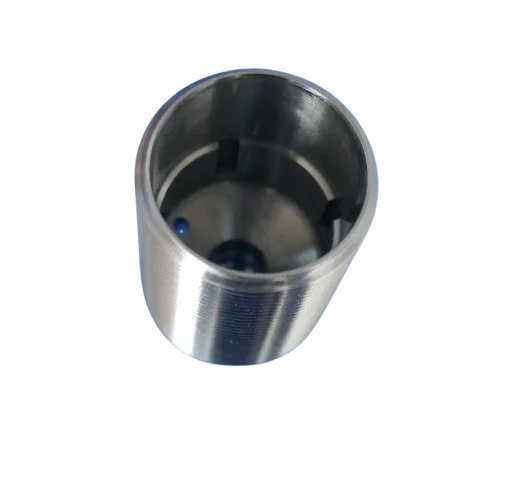Accuracy and Excellence in Fabrication Sheet Metal
Modern-day industries mainly rely on the accuracy and quality observed during the Fabrication Sheet Metal. This piece explores all the requirements that must be met to ensure precision and quality in sheet metal fabrications.
Introduction
Fabrication sheet metal work refers to various procedures such as cutting, bending, and assembling used to convert flat sheets into finished products or parts. The efficiency of these methods determines how well the final item will function, its durability as well as aesthetic value.
State-of-the-art Approaches & Machinery
Accuracy starts with sophisticated approaches supported by advanced equipment. Among such machines is automation-enabled cutting, bending, and shaping metallic sheets with micron-level precision Computer Numerical Control (CNC) devices. In addition to ensuring uniformity between production batches thus reducing variations while optimizing material usage, these machines boast improved speed too.
Material Choice & Proficiency
For any sheet metal fabrication process to be considered both precise and high in quality, it must use appropriate materials. Different types of metals have different strengths, corrosion resistance abilities as well formability properties which affect their suitability for specific applications. Moreover, knowledge of material science coupled with engineering skills guarantees that selected components not only meet performance standards but also remain cost-effective throughout their lifespan.
Measures For Controlling Quality
Quality control is an integral part of every stage through which a product passes during fabrication. Dimensional accuracy checking using coordinate measuring machines (CMMs) plus laser scanners among other advanced metrology tools ensures strict adherence to tight tolerances while verifying whether all dimensions are within acceptable limits or not without compromising on the speed of measurement taking place.
Artistry That Comes With Experience And Attention To Detail
One cannot achieve preciseness when dealing with sheet metals until they acquires certain skills. Knowledgeable fabricators can understand technical drawings better than novices thereby knowing the best way through which such geometries can be achieved during manufacturing processes. It is also vital for them to pay close attention even to small things since this might affect the outcome, especially on finishing where each part should meet the required standards.
Applications And Industrial Norms
There are several areas where fabrication sheet metal work is applied; these include the aerospace industry, and automotive sector among others within electronics and construction fields too. All these sectors have unique regulations that guide how products must be manufactured as well as performance expectations towards different components. Hence any company involved in such ventures should ensure compliance with these guidelines failure to which customers’ needs may not be met adequately.
Conclusively
This article titled “Precision and Quality in Fabrication Sheet Metal Work” highlights precision as one of the key elements necessary for achieving success in contemporary industries that rely heavily on various forms of work involving metals. Through the utilization of advanced techniques, materials knowledge, and strict quality assurance measures while still striving towards innovation boundaries can be pushed even further by fabricators engaged in making such items since they form the basis upon which enterprises operate under changing global demands
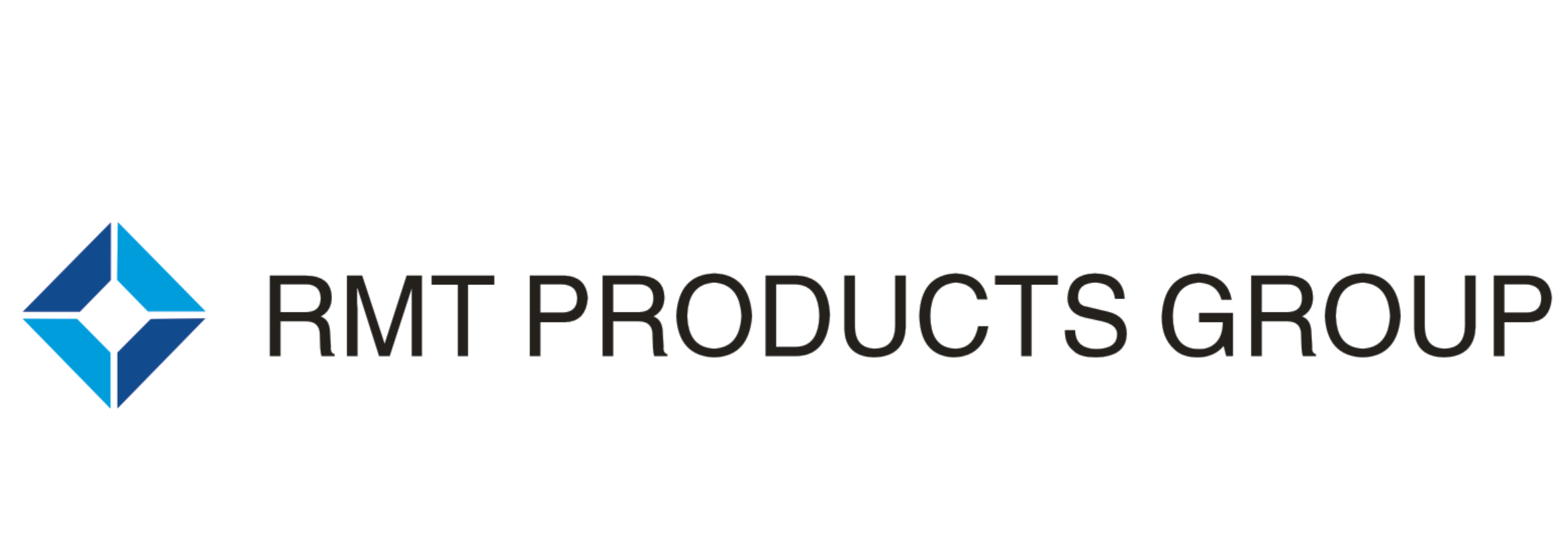
 EN
EN
 AR
AR
 BG
BG
 HR
HR
 CS
CS
 DA
DA
 NL
NL
 FI
FI
 FR
FR
 DE
DE
 EL
EL
 IT
IT
 JA
JA
 KO
KO
 NO
NO
 PL
PL
 PT
PT
 RO
RO
 RU
RU
 ES
ES
 SV
SV
 IW
IW
 LV
LV
 SR
SR
 SK
SK
 UK
UK
 GL
GL
 HU
HU
 TH
TH
 TR
TR
 FA
FA
 GA
GA
 CY
CY
 EU
EU
 BN
BN
 BS
BS
 LA
LA
 NE
NE
 SO
SO
 KK
KK


